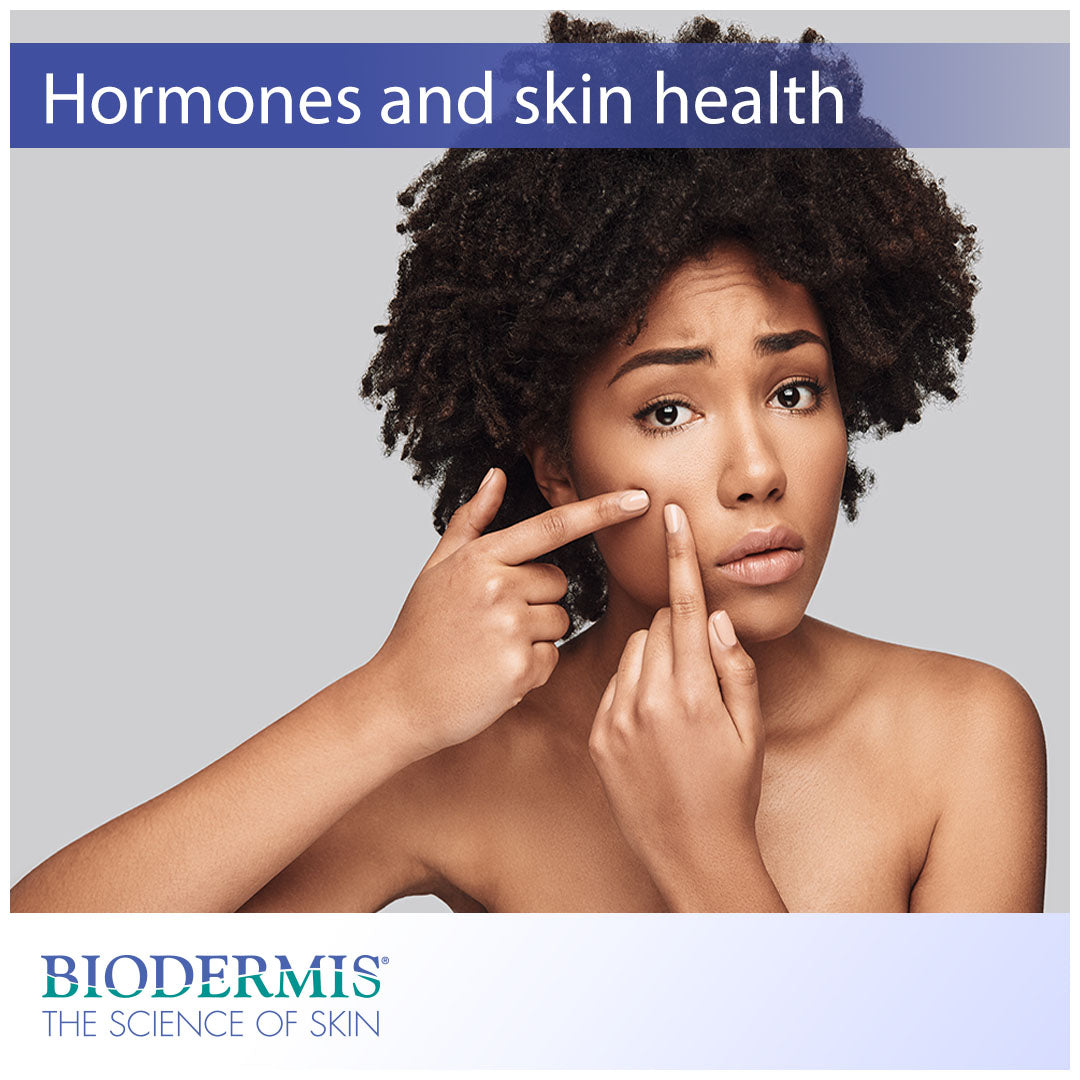In this article we will be looking at some of the reasons for hormone changes in our bodies and how they play a role in the overall health of our skin.
Adolescent puberty
Puberty is often the first run-in with hormonal changes that people will experience in life. Males will produce more of the testosterone hormone whereas females will produce more of the estrogen hormone. The first thing young teens may notice with their skin during puberty is that it will begin to produce more oil (also called sebum). This oil is needed to keep the skin healthy and strong, but it can also have the adverse effect of blocking up skin pores. When this happens, you will be prone to acne breakouts on the surface of the skin. Acne breakouts commonly occur on the face, chest, shoulders, and upper back. It’s important not to pick or pop your pimples because this can exacerbate acne and lead to scarring later in life.Pregnancy
Pregnancy is an important event in many women’s lives that brings with it numerous changes to the skin and body. During pregnancy, a woman’s body will undergo dramatic increases of estrogen and other hormones. One of the effects this can have on the skin is pigmentation change. Certain areas of the skin, including the areolas, thighs, and any preexisting scars may become darker. A phenomenon known as the “mask of pregnancy” can also cause dark spots on the face in some women. In addition to hyperpigmentation, pregnancy may also lead to the development of stretch marks, varicose veins, and acne.
Underlying conditions
There are many medical conditions that may cause hormone imbalance in a person’s body. Some of these conditions include diabetes, thyroiditis, hypothyroidism, and ovarian cancer in women, among many others. Hormonal changes caused by a medical condition can have various side effects depending on the specific problem and the person’s skin type. We already know hormones can lead to oily skin but it may also be responsible for sensitive skin, dryness, excessive sweating, and sagging/wrinkling due to a drop in estrogen and collagen levels. If you are having hormonal problems due to a medical condition, it is highly recommended that you see a healthcare professional for treatment.
Aging
As we get older our bodies go through many changes. For women, menopause is a transition in a woman’s life, around 45 years of age, when her ovaries stop producing the estrogen and progesterone hormones. As men get older, they may begin to experience lower testosterone levels. Lower estrogen in women and testosterone in men may have a number of consequences for the skin that aren’t always entirely clear. Collagen in the skin will begin to break down and cause sagging and wrinkling. Other skin issues may include dryness, skin dehydration, and a slower wound healing response.
What to do about hormone changes
Hormonal fluctuations as our bodies transition through different stages in life are inevitable. Usually, hormonal changes cause natural reactions that aren’t too serious and will oftentimes pass over. Some supplements claim to increase or balance out certain types of hormones in the body but you should do your research as some of them aren’t backed by clinical evidence. If hormone imbalances infringe on your ability to function normally and interfere with daily activities, certain medical procedures may be able to help. Always consult your doctor if you believe you have an underlying condition that is causing problems with your hormones.
Biodermis is an innovative market leader with 30 years of expertise in the medical silicone industry. Visit Biodermis.com today to explore a complete range of scar management and post-operative care solutions.
PHYSICIANS AND MEDICAL PROFESSIONALS: REFER OR RESELL?
Biodermis offers custom tailored referral programs designed to simplify and reduce the cost of your patients' post-op care. Additionally, we offer professional pricing if you opt to retail our products. Give us a call at 800.322.3729, and we will be happy to provide additional details on these programs.



